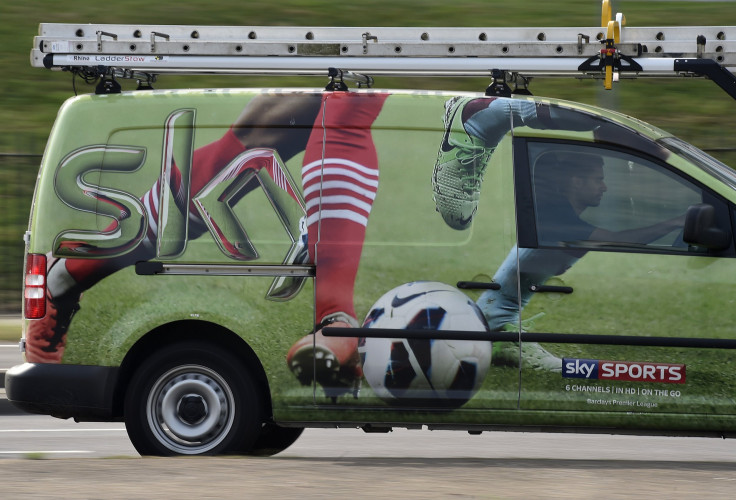Sky To Enter Britain's Mobile Market With Telefonica Deal

(Reuters) - Britain's dominant pay-TV group Sky plans to launch a mobile service from 2016 through a deal with O2 owner Telefonica, ramping up the pressure in the country's already crowded communications market.
Sky, which raced to become the country's second-largest provider of home broadband after entering the market just seven years ago, will offer voice and data services to all customers through a wholesale partnership with Telefonica's O2 network.
Britain's communications market has seen a wave of deals in recent months and Telefonica has just agreed to sell its O2 UK business to Hutchison Whampoa, which plan to combine it with its Three Mobile network to create the country's largest mobile network.
The country's biggest fixed-line provider BT is also in exclusive negotiations to buy the biggest mobile provider EE as companies increasingly seek to offer a package of services including fixed and mobile calls, broadband and entertainment.
The new tie up could be bad news for Vodafone, which had been seen as a leading contender for the wholesale partnership with Sky as the two firms already have content partnerships in place.
"As the UK’s leading brand for home entertainment and communications, Sky has a proven ability to launch new services, at scale," Chief Executive Jeremy Darroch said.
Telefonica UK is already the network provider to a number of other brands, such as Tesco Mobile, and a willingness to open its network to Sky could help it gain regulatory approval for the Three-O2 deal.
Sky, 39 percent-owned by Rupert Murdoch's 21st Century Fox, is present in more than 10 million homes and has in recent years succeeded in selling an increasing number of services to its customer base.
It already offers Sky Go, which enables its customers to watch Sky programming across a number of devices.
The addition of a company well equipped to cross-sell services could further intensify pressures in the UK mobile market which is already one of Europe's more competitive with operators' margins in the low-to-mid 20 percent range.
The deal also shows how the "convergence" trend -- where customers buy bundles of Internet, fixed and mobile calling, and TV from one company -- is taking root in Britain despite claims from some executives that there was little demand.
Such all-included bundles are already popular in France and Spain, although not as much in Italy or Germany.
© Copyright IBTimes 2025. All rights reserved.





















